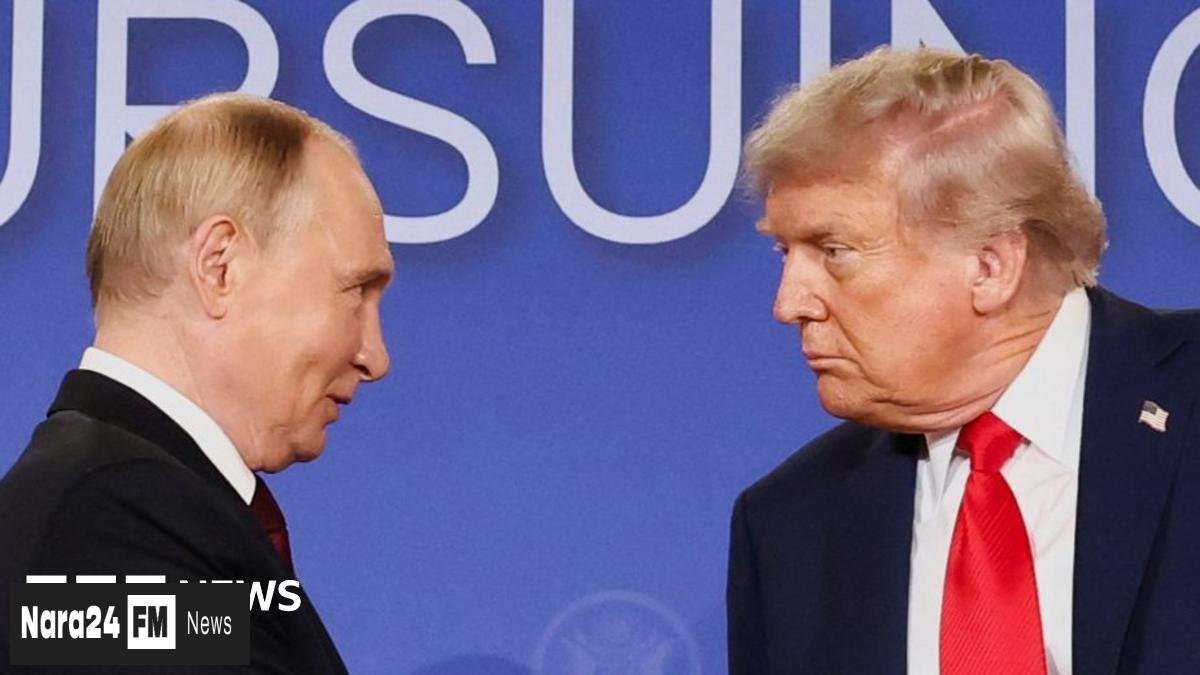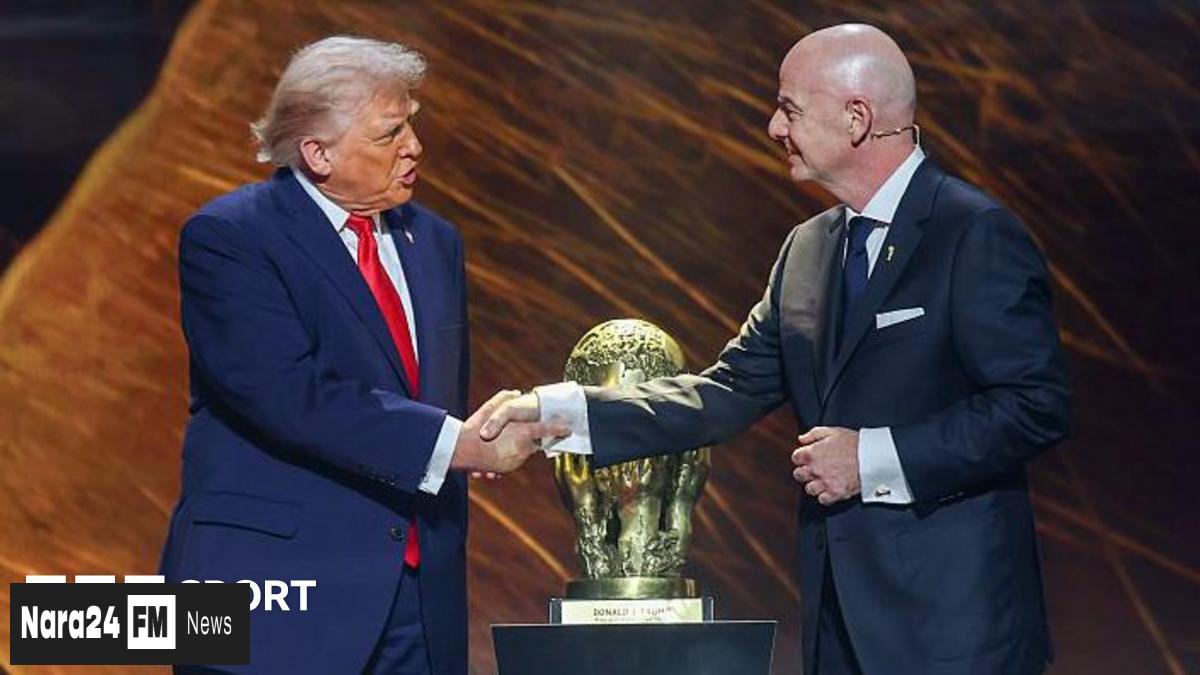In This Article
- Putin Endorses Western Security Pledges for Ukraine
- Understanding 'Robust' Security Assurances
- Zelenskyy's Reaction and Conditions
- Coalition Meeting and Stance on Security
- Upcoming Washington Meeting and European Challenges
- Territorial Concessions and Putin's Peace Offer
- Context on Russia's Claims and Ukraine's Rejection
- Past Tensions and Recent Reconciliation Between Trump and Zelenskyy
- Start with the main revelation by Witkoff. - Explain what "robust" means (Article 5-like but not NATO). - Include Zelenskyy's reaction and conditions. - Mention the coalition meeting and their stance. - Note the upcoming Washington meeting and European leaders' planned challenge to Trump. - Discuss territorial concessions mentioned (Donetsk, etc.) and Putin's reported peace offer. - Include context on Russia's claims and Zelenskyy's rejection of giving up Donbas. - Reference the past tensions between Trump and Zelenskyy and recent reconciliation. - End with concerns after Trump-Putin meeting. Rewrite each part with new wording, keeping the facts. Let's write. TITLE: Putin Endorses Western Security Pledges for Ukraine, Trump Envoy Discloses EXCERPT: A senior representative for Donald Trump revealed that Vladimir Putin consented to allowing the United States and European allies to establish "robust" security assurances for Ukraine, positioning them as a NATO alternative. The announcement precedes critical Washington negotiations involving Zelenskyy and European leaders demanding concrete protection commitments. CATEGORY: International TAGS: Ukraine, Russia, Security Guarantees, Peace Negotiations, Donald Trump BODY:
A top diplomatic representative for former President Donald Trump has disclosed that Russian leader Vladimir Putin agreed to permit the United States and European nations to extend "robust" security guarantees to Ukraine as part of prospective peace negotiations. Steve Witkoff, serving as Trump's special envoy, informed CNN that discussions during the Alaska summit resulted in Moscow accepting language mirroring NATO's Article 5 collective defense principle—where an attack on one ally triggers a unified response—as a viable alternative to Ukrainian NATO membership, provided Kyiv endorses the framework.
Ukrainian President Volodymyr Zelenskyy characterized the proposed security assurances as "historic" but emphasized they must deliver tangible defense across land, air, and maritime domains while incorporating European collaboration. His comments preceded Monday's high-level White House meeting with Trump and European counterparts. Concurrently, a coalition of nations including the United Kingdom, France, and Germany—pledged to safeguard post-conflict stability in Ukraine—publicly applauded Trump's dedication to security guarantees. A Downing Street statement confirmed these allies reiterated plans to deploy stabilization forces after hostilities end, secure Ukrainian airspace and waters, and rebuild Kyiv's military capabilities.
British Prime Minister Keir Starmer, French President Emmanuel Macron, German Chancellor Friedrich Merz, European Commission head Ursula von der Leyen, and NATO Secretary-General Mark Rutte will join Zelenskyy in Washington for Monday's talks. Macron signaled European leaders intend to pressure Trump on the scope of commitments, warning: "If we're not strong today, we'll pay dearly tomorrow," while advocating for a unified stance. Witkoff additionally noted Russian "concessions regarding territorial matters," specifically identifying Donetsk as a focal point for Monday's discussions.
This follows reports that Putin presented Trump with a peace proposal during their Alaska encounter, demanding Ukraine withdraw from Donetsk's Donbas region in exchange for Russia halting advances in Zaporizhzhia and Kherson. Diplomatic sources cited by CBS indicated European anxiety that Trump might urge Zelenskyy to accept these terms. Russia currently occupies approximately 70% of Donetsk and nearly all of Luhansk in the contested Donbas area, having also illegally seized Crimea in 2014. Zelenskyy has firmly rejected any Donbas concessions, arguing it would enable future offensives and violate Ukraine's constitutional requirement for referendums on territorial changes.
Monday's summit marks Zelenskyy's first White House visit since a February confrontation where Trump chastised him for insufficient gratitude toward U.S. aid and accused him of risking global conflict, culminating in Zelenskyy's abrupt departure. A partial reconciliation occurred in April during Pope Francis's funeral, described by the White House as "very productive." Ukraine has since solidified economic ties with Washington through a minerals agreement granting the U.S. resource rights and affirmed its willingness to purchase American weaponry. However, Kyiv and European capitals expressed alarm after Trump warmly welcomed Putin—facing an ICC arrest warrant for alleged Ukrainian war crimes—on a red-carpet Alaska arrival, with Trump praising their "fantastic relationship."








Comments (0)
Leave a Comment
Be the first to comment on this article!